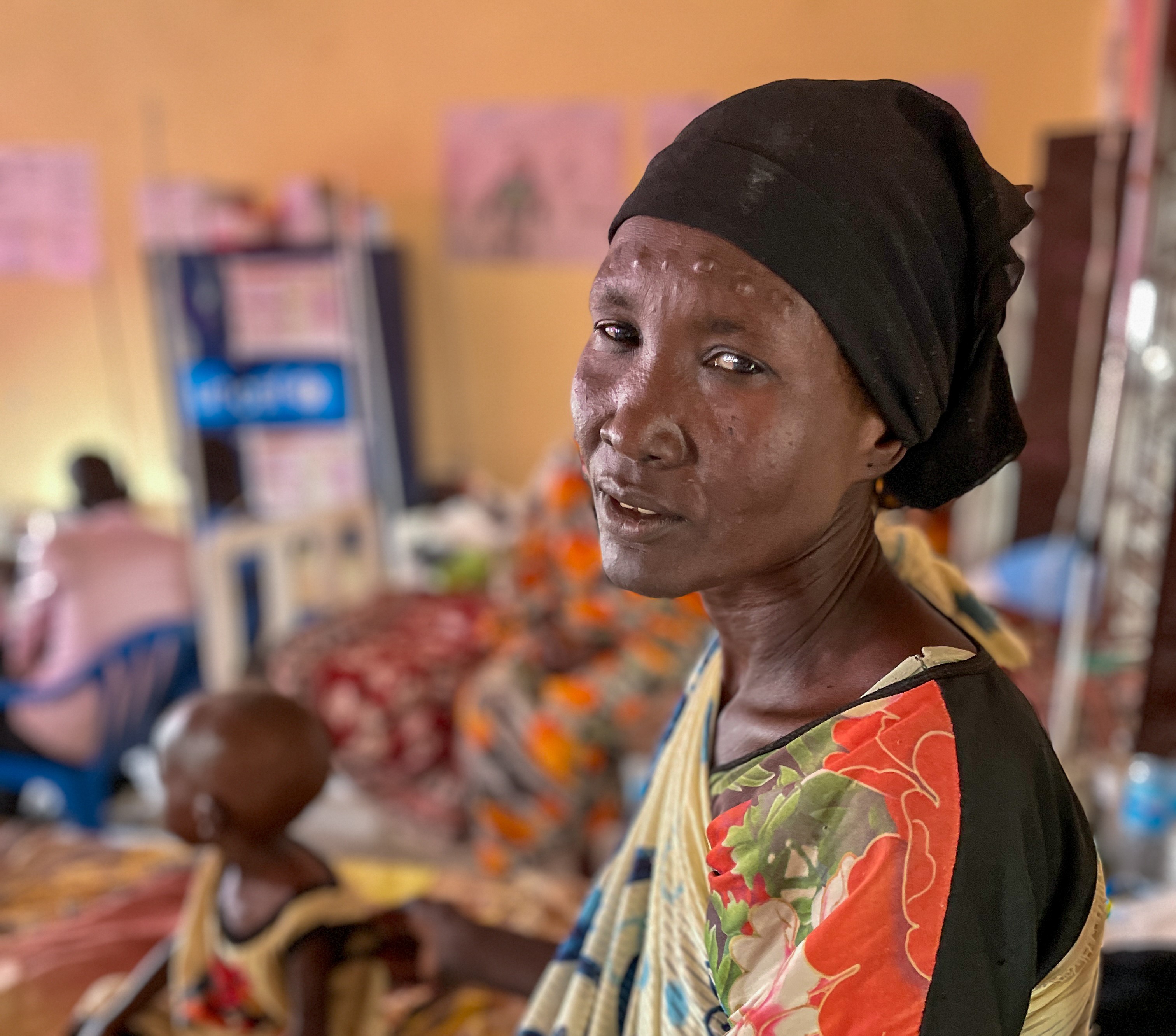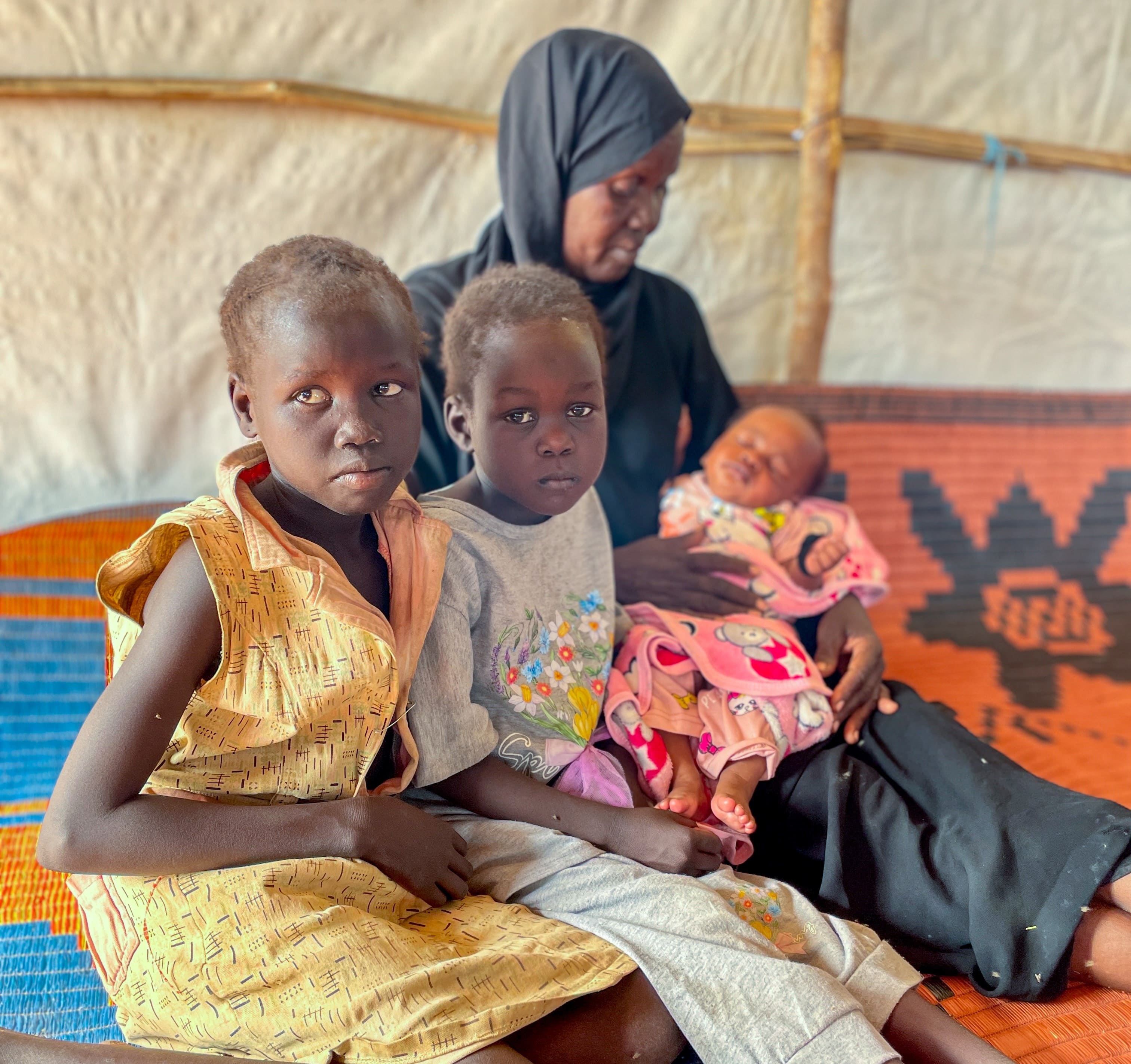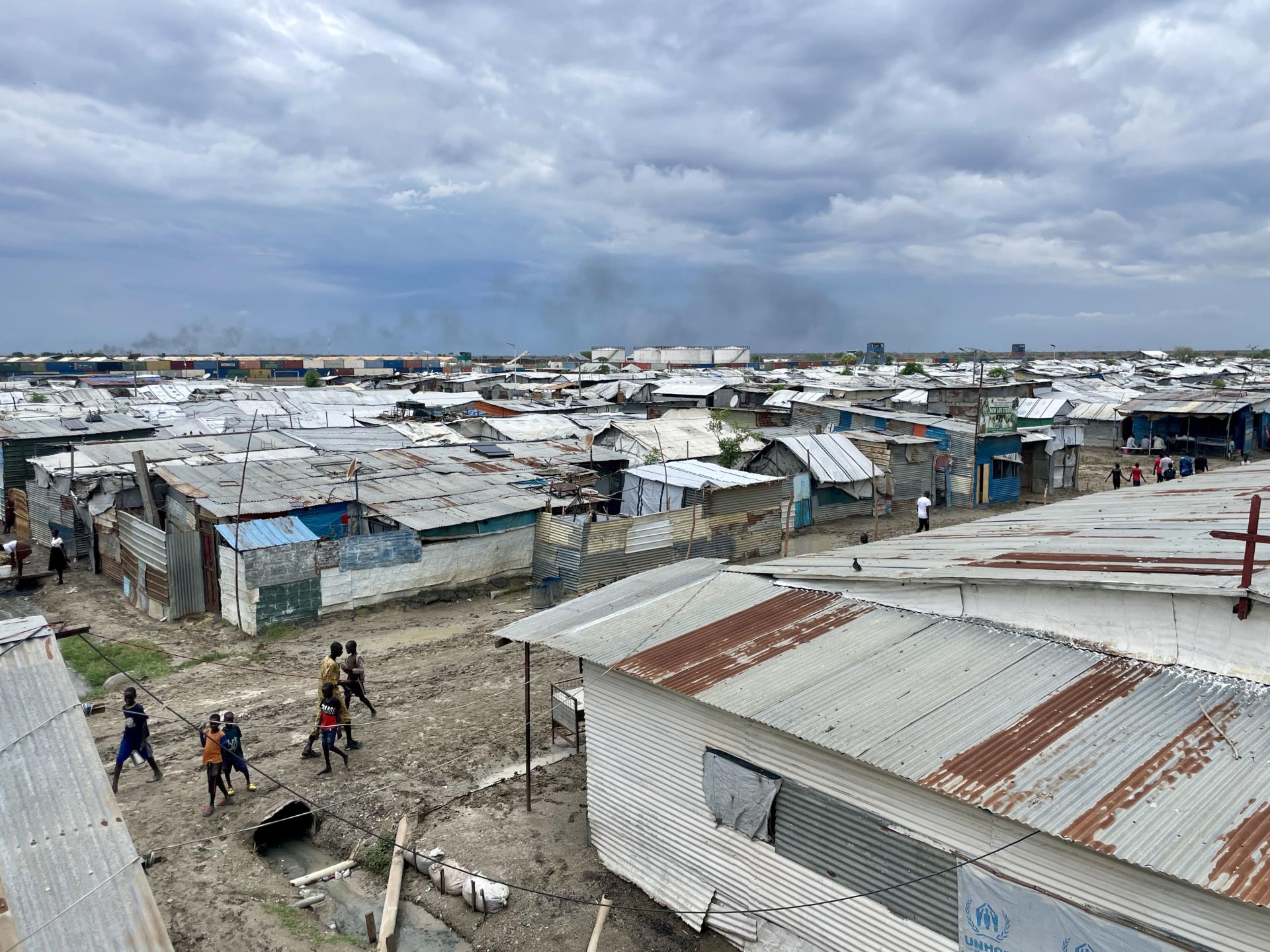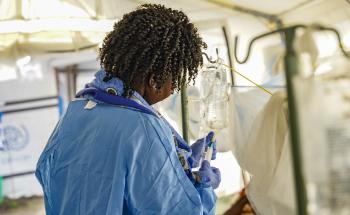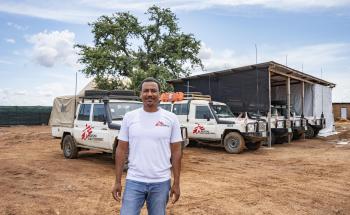The ongoing Sudan war is drastically increasing people’s needs across the border in South Sudan, alerts international medical organisation Doctors Without Borders (MSF) today. MSF calls for an immediate scale-up of lifesaving aid for refugees and returnees fleeing the war and for the communities hosting them.
The Sudan war, which began in April 2023, has created the world’s largest displacement crisis, with more than 10 million people forced to flee their homes. More than 680,000 people have arrived in South Sudan since last April, at a time when the country’s health system and existing humanitarian assistance can barely meet its population’s needs. In the coming months, the pressure on health services and aid organisations is likely to increase, with an estimated seven million people predicted to be without access to sufficient food by July.
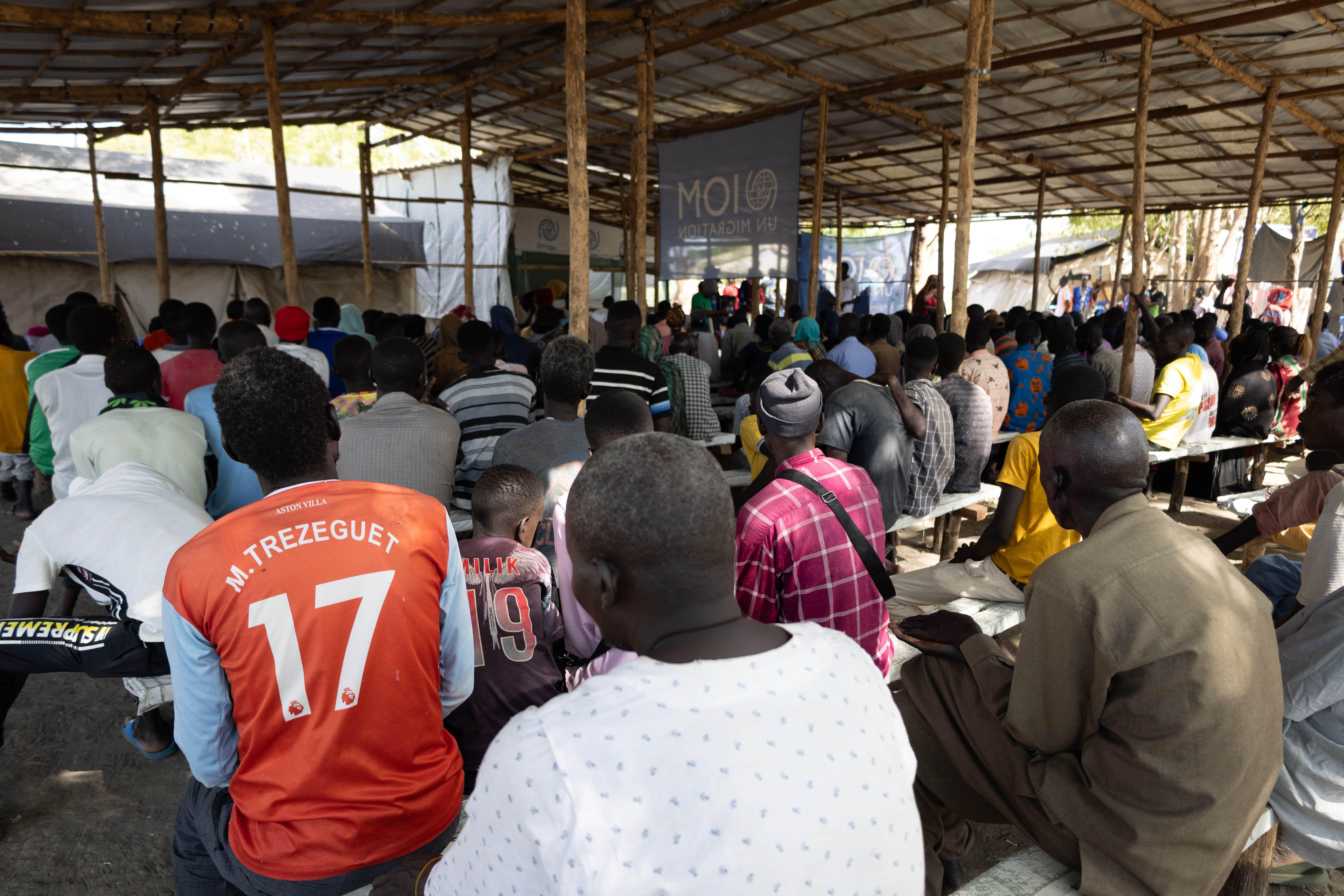
Renk in South Sudan’s Upper Nile state is located around 60 kilometres from Joda, the official entry point for people fleeing the war. Some 13,000 refugees and returnees are currently stranded in and around the transit centre in the town. The number fluctuates depending on the onward movements; either they wait to be able to continue their journeys across South Sudan or return home in Sudan. Living conditions are dire and they have limited food, water, shelter, sanitation facilities and medical care.
Many of those who arrive at the border are injured and acutely malnourished, having walked for weeks to reach safety. Currently, aid agencies provide them with money to buy food for seven days, but many people find themselves stuck at Renk transit centre for weeks or even months, as they wait for transport to continue their journeys.
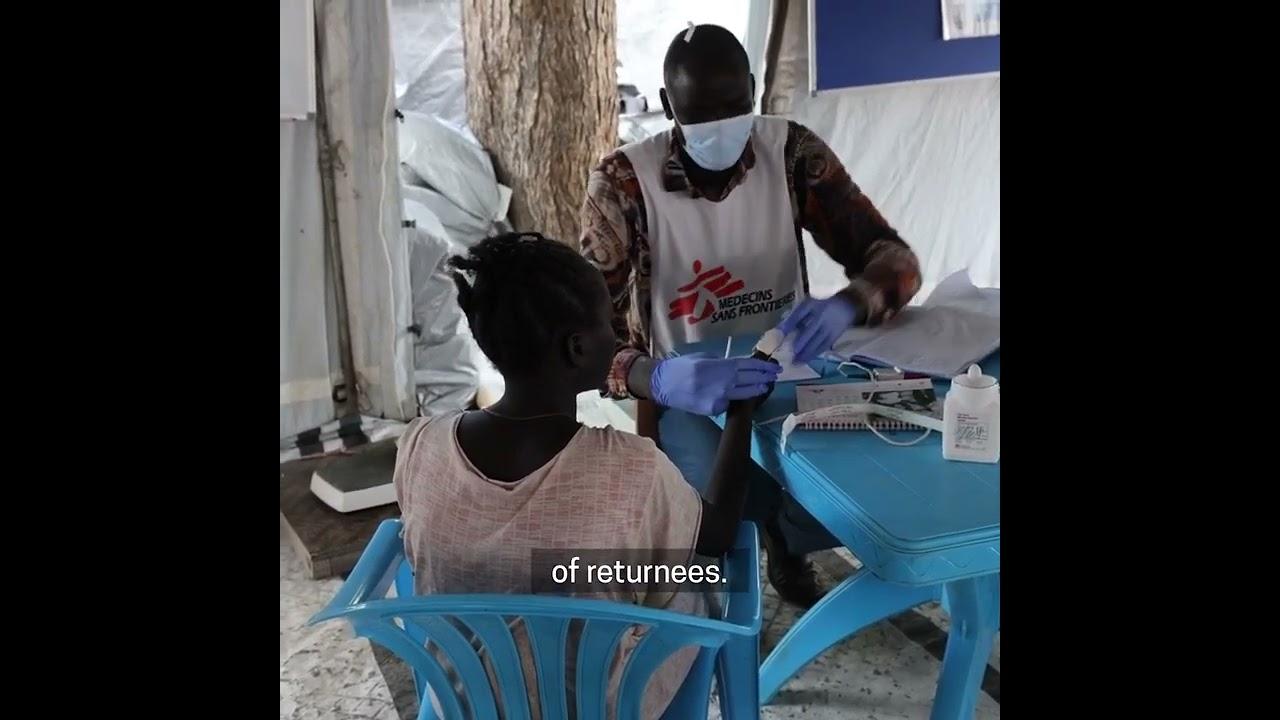
Sudan War is Exacerbating Humanitarian Needs in South Sudan
“Sometimes we manage to eat twice a day, but usually we only eat breakfast, and we go to bed at night with empty stomachs, even the youngest ones,” says Dak Denj, a 70-year-old cattle herder who has been staying in Renk transit centre since December 2023.
Around 300 kilometres from Renk, thousands of refugees and returnees are living in Bulukat transit centre, near Malakal town. Shortages of food, water, shelter and proper sanitation have led to increases in illnesses such as diarrhoea and respiratory infections, according to MSF medical teams.
The continuing influx of refugees and returnees to South Sudan is likely to worsen already acute shortages of food and water among both new arrivals and host communities and make it even harder for people to access medical care.
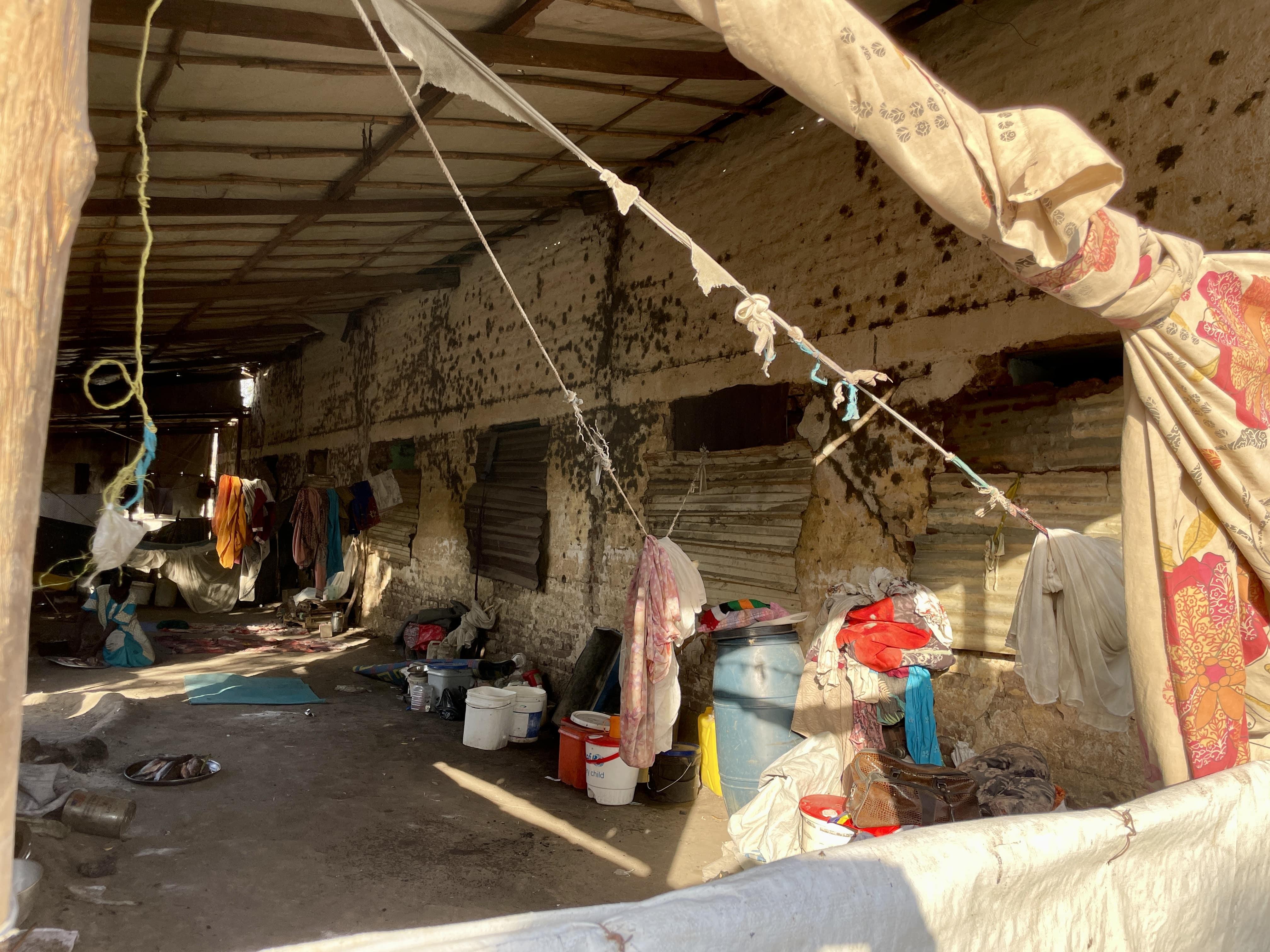
Before April 2023, 30 to 50 severely malnourished children were admitted each month to the inpatient malnutrition treatment centre at MSF’s hospital in Malakal town. Since the start of the Sudan war, the number of severely malnourished children admitted to the facility has increased by 200 per cent.
Children who are malnourished are more vulnerable to other life-threatening diseases. “Malnutrition increases the risk of infection, particularly among children under five, who are more likely to die from diseases such as meningitis, measles, yellow fever, cholera and malaria,” says MSF medical coordinator Dr Eltigani Osman.
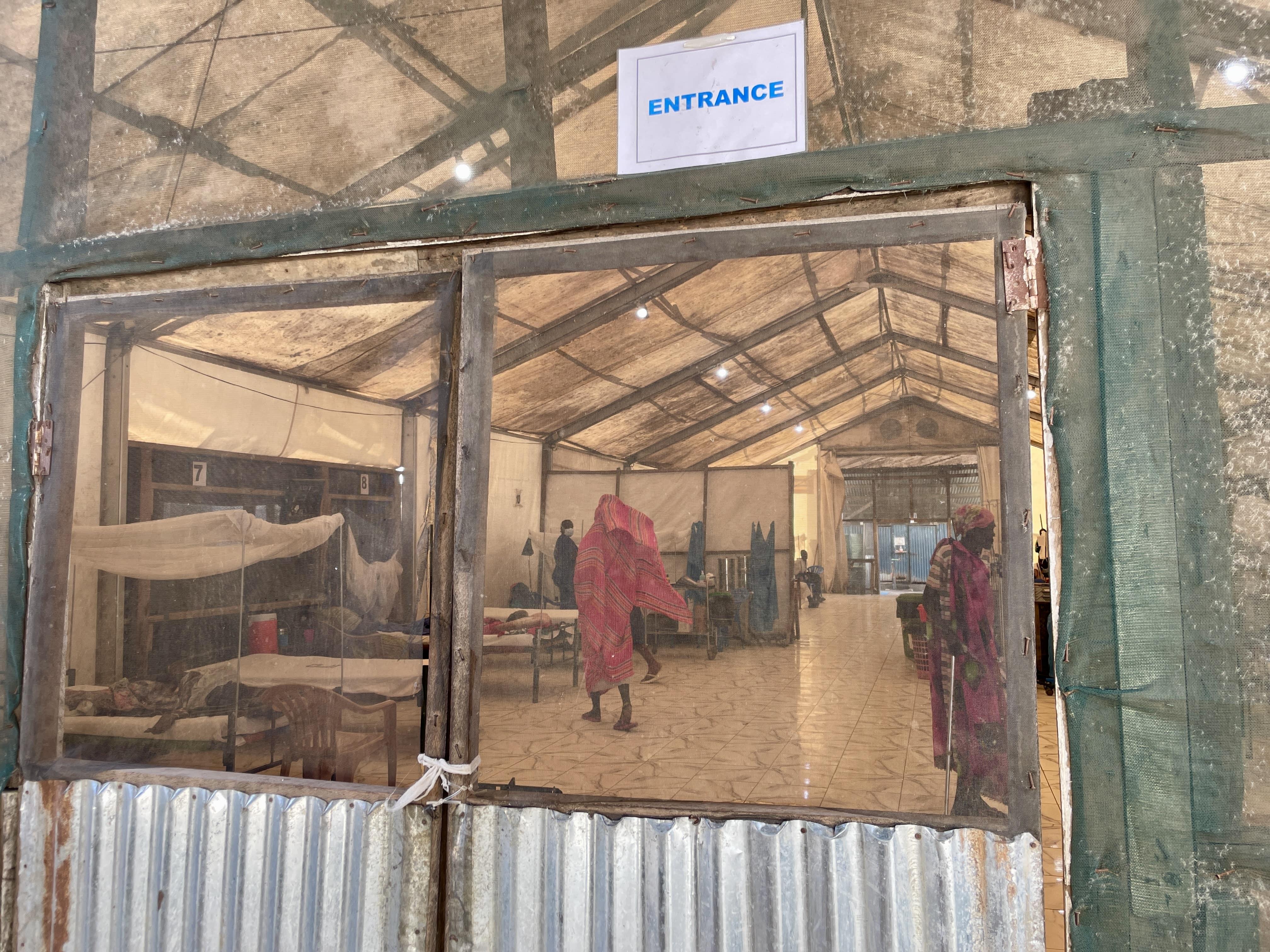
Water shortages across the region are forcing people to collect water from rivers. Drinking untreated water, which may be contaminated, poses additional health risks, particularly in a region prone to cholera outbreaks. These risks are likely to increase with the approaching rainy season, which is expected to cause serious flooding across the region, contaminating wells and boreholes and hindering the humanitarian response. Flooding on the Sudanese side of the border could push even more people to flee to South Sudan.
Aid organisations are currently struggling to respond to the crisis and assist everyone in need. Since April 2023, MSF has been running a clinic at the main border crossing and two mobile clinics around Renk and Bulukat, which treat around 190 patients each day, as well as supporting Renk hospital. However, this is not enough, and the scale of the crisis demands a much larger international response.
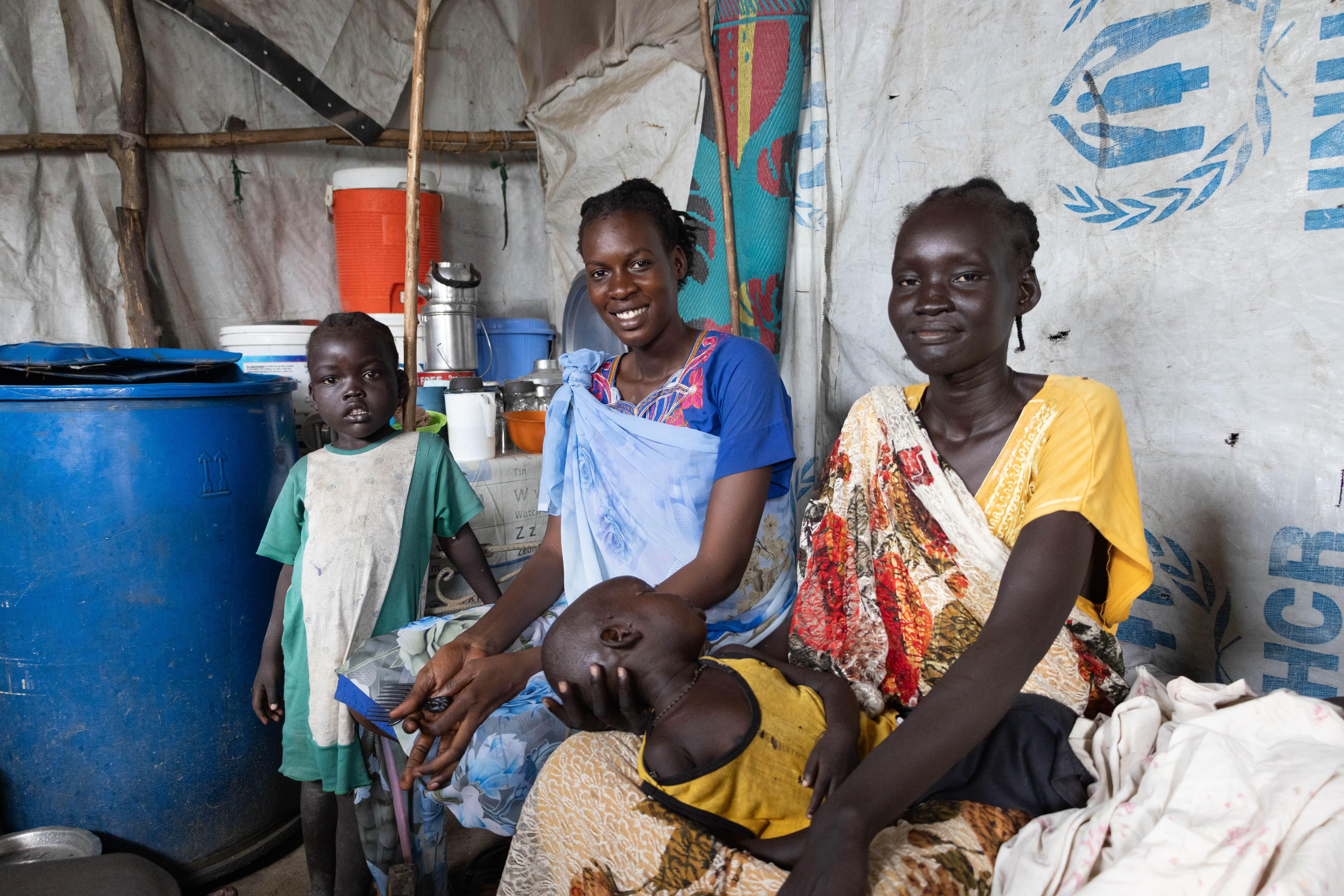
“The humanitarian response remains inadequate to the reality of the needs, in a context where there is already considerable strain on the health system,” says MSF head of mission Iqbal Huda. “We urgently call on international donors to allocate funding to address the needs of the returnees, refugees and host populations in South Sudan. This must include the provision of food, water, shelter, sanitation and medical care, as well as the means for people to continue their journeys.”
Things to Know About the War in Sudan and Its Impact on South Sudan
Since the beginning of the war in Sudan over a year ago, almost 680,000 people have crossed into South Sudan to seek refuge. Many of these people arrive at Renk, located around 60 kilometres from the official entry point at Joda. Thousands of families are stranded in transit centres in Bulukat and Renk, facing dire conditions without sufficient food, water, or shelter. They find themselves in limbo, unable to return to Sudan due to ongoing fighting and unable to move forward due to a lack of destinations.
Refugees in the transit centres of Bulukat and Renk face extreme hardships. They are stuck in overcrowded conditions with limited access to essential services such as food, water, and shelter. These transit centres were intended for short-term stays, but many families have found themselves trapped there for extended periods. The dire conditions exacerbate their suffering and complicate efforts to find long-term solutions.
The arrival of hundreds of thousands of refugees and returnees has added significant strain to South Sudan's already fragile humanitarian situation. Many of these refugees are dispersing within the country, passing through areas like Malakal and Bulukat. South Sudan, which is already dealing with limited resources, climate change challenges, and ongoing inter-communal conflicts, is struggling to cope with the increased demand for humanitarian aid and services.
Many refugees are unable to progress further into South Sudan due to a lack of destinations and resources. South Sudan is already facing its own challenges, including limited infrastructure, scarce resources, and ongoing internal conflicts. These factors make it difficult for refugees to find places to settle and build new lives. The uncertainty and instability in the region further complicate their situation, leaving many stuck in transit centres with little hope of improvement.
The continued influx of refugees from Sudan could be a tipping point for South Sudan, which is already very fragile. The added pressure on resources, combined with the effects of climate change and inter-communal conflicts, could exacerbate existing challenges and lead to a deeper humanitarian crisis. If the situation is not addressed, it could lead to increased instability and further complicate efforts to build peace and development in South Sudan.
